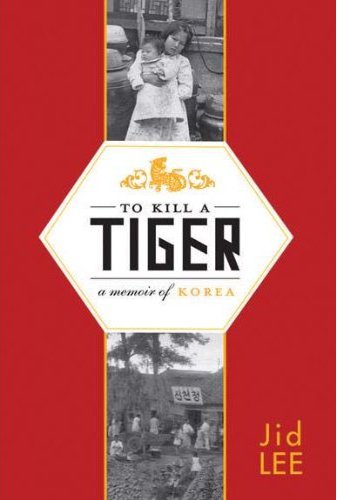

In Search of My America is one of the few Korean American women's autobiographies published in the United States. It is about a spectrum of issues, including my naïve American dream and rude awakening, my process of Americanization, my loneliness as an expatriate, my endeavors to reconcile the conflicting demands of human sexuality and intellect, and my attempt to build bridges between different worlds. I weave a giant piece of embroidery with all these components and set them against a series of tales created from Korean myths, bilingual metaphors, folklore, and legends.
Being a woman of color trying to rise in an academia dominated by the white male, I had to play an all American negating her ethnic background. Being a non-native speaker teaching English to native speakers, I had to play a consummate professional in denial of her accent. Being an Asian woman whose sexuality has been historically objectified and has been equated to that of a Madame Butterfly, I had to play a fiercely independent woman without an ounce of a submissive attitude. In In Search of My America, I describe the intimate details of the mask I had to wear to cope with cultural and racial stereotypes.
While, however, I do not hesitate to criticize the dark side of the United States, I express a fierce love for the country. In Search of My America is about how I came to admire America's greatness, including its infrastructure, its landscape, its cultural diversity, and above all, its authors and its people. My love for the United States is mature because it survived the threat of hate.
(Available for purchase online.)

When Jid Lee was born in South Korea in 1955, it was into a country in crisis. Only two years had passed since the Korean War armistice, and the wounds were still fresh and gaping. Families had been divided, often forever, by the creation of separate North and South Koreas, and the survivors of the schism fought to put their lives back together after the horrors of half a century of warfare and political oppression. Interweaving her five-generation family saga with the major Korean historical events of the last century, Jid Lee illuminates the heartbreaking circumstances surrounding the Korean War and tackles such difficult and provocative topics as the Comfort Women of World War 2, the thirty-five-year Japanese occupation of Korea, the advent of Christianity and the political problems that blossomed with its arrival, and the My Lai-esque massacre at No Gun Ri, a story that has been covered up for sixty years and is only just coming to light.
In this story of triumph against overwhelming odds, Lee captures the struggles of the men and especially the women in her family to achieve, to receive recognition, and to fight against the injustice of a centuries-old system. A kaleidoscopic narrative of one woman's life, five generations of her family, and a country's tumultuous history, To Kill a Tiger is a compellingly intricate and startlingly authentic synthesis of history and literature.
Toni Morrison, a Nobel Prize winning writer, said on Oprah that she started to write because she was afraid she would die if she didn't. I started to write To Kill a Tiger for the same reason. I wouldn't be surprised if there are to this date less than a dozen people in the whole world who know what happened in Korea before, during, and after the Korean War. That the political decisions of a superpower can shape the life of a little girl in a small country named Korea is the gist of what I had to write in To Kill a Tiger.
I wrote To Kill a Tiger to prevent war. I devoted my blood, sweat, and tears to build a bridge between nations and peoples, between men and women, and between governments and grass-roots communities.
When I was a small child, my grandmother told me about the genies in a mountain, the comic-looking monsters in a Korean legend who like to test a human being's ability to tell a story. She said, "Genies waylay a traveler in the night to demand a story. When they tell them a good story, they give them gold. When they tell them a poor story, they kill them." In To Kill a Tiger, I modified this legend to bring a sense of humor. I said they give you shit when you tell them a poor story.
My audiences, I think, are these genies who will give me either gold or shit. To be able to receive gold from them, I tried to write a good story. In 320 pages, I describe twenty four years of my life in Korea, a personal narrative that mirrors a panorama of modern Korean history.
(Available for purchase online.)